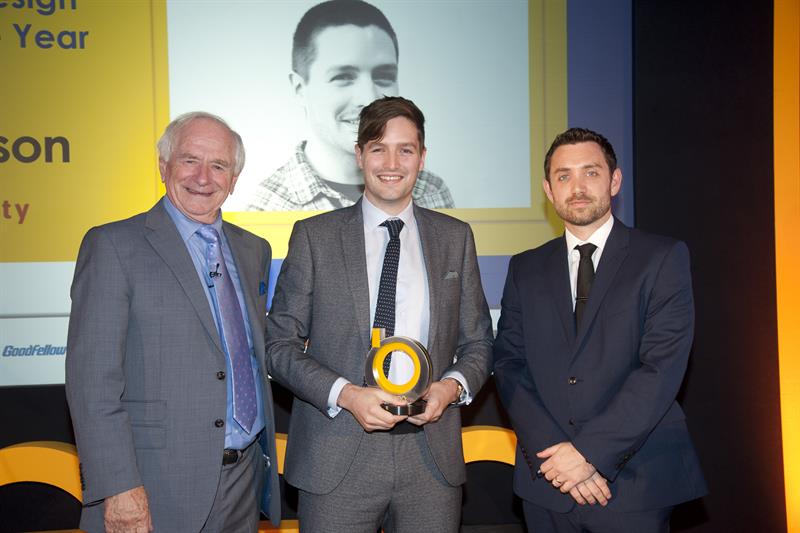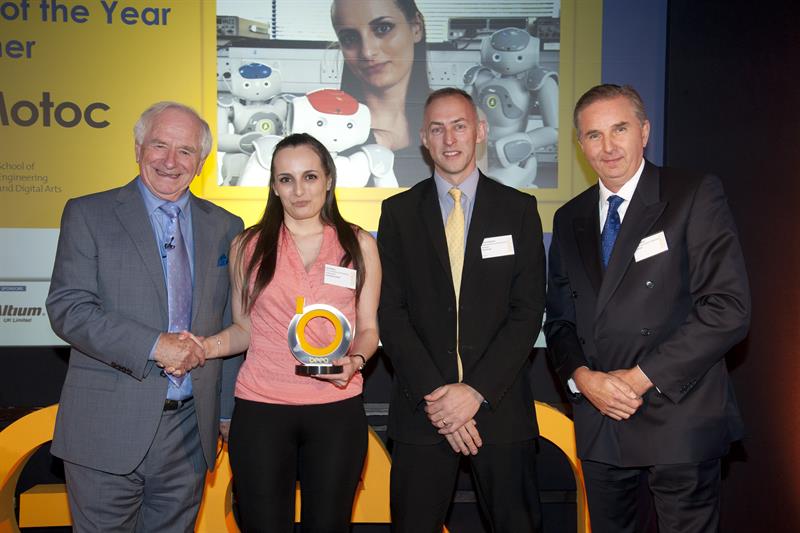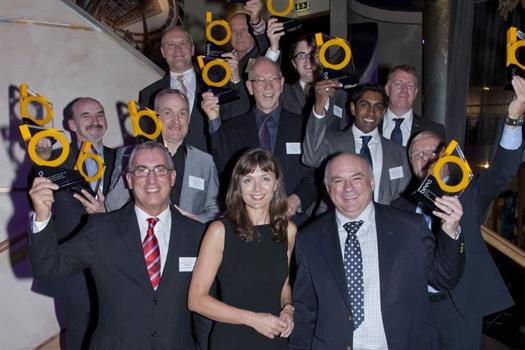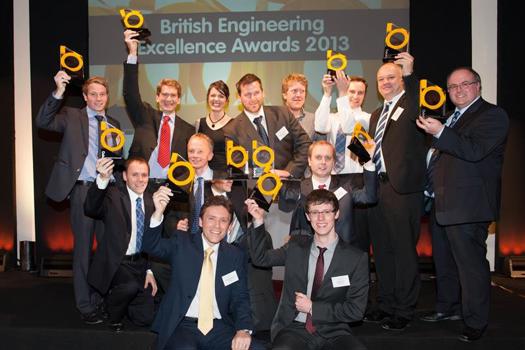The BEEAs has been highlighting the breadth and depth of the UK’s design engineering community and how it is competing on a global stage for the last 10 years. Winners of the Grand Prix, the best-of-the-best of each year, have ranged from individual engineers doing outstanding work both in their industries and communities, to small companies with staff numbers in the single-digits, to larger OEMs.
Each year, hundreds of entries are debated and analysed by a judging panel of industry experts, which includes the winners of the previous year’s Grand Prix and Design Engineer of the Year Awards.
Cambridge Consultants has been a headline sponsor of the event since 2009. Its CEO, Eric Wilkinson says: “Cambridge Consultants has supported the BEEAs right from their inception, because we believed that the quality of depth of engineering talent here in Britain needed to be highlighted and celebrated. The BEEAs do more than give engineers a lift for a day – they inform and inspire fellow engineers, entrepreneurs, investors and, perhaps most importantly, graduates and students to be proud of what they are part of and to give free rein to their ambition.”
The ninth British Engineering Excellence Awards ceremony took place at a gala luncheon on 5th October 2017 at The Honourable Artillery Club, London.
And the winners were…
Grand Prix Consultancy of the Year Small company of the Year Start up of the Year | Design team of the Year Materials Application of the Year New Product of the Year (Electronic) New Product of the Year (Mechanical) | New Product of the Year (Aerospace) Sponsored by: Minitec Engineering Ambassador of the Year Young Design Engineer of the Year Design Engineer of the Year |
Where are they now?
Graduate engineers represent a significant part of the future for UK industry. As employers look to refresh product lines and address new markets, young engineers can make an impact by bringing fresh approaches and thinking.
Winner of Young Design Engineer of the Year, Rob Hanson graduated from the University of Glasgow with an MEng in Product Design Engineering in 2013 and, in the words of his employer, Designability, he hasn’t looked back. National charity and advocate of ‘better technology for everyone’, Designability works with end-users, carers and health professionals to understand problems, find solutions and test them in real life situations.

Hanson’s work has included the design of a wheelchair baby carrier, dynamic seating for young children with dystonic cerebral palsy, and the development of Wizzybug, a powered wheelchair for children younger than five years old.
Hanson also played an important part in Designability’s ‘Design Together, Live Better’ project, in which it works with the public to understand the challenges of living with disability and to design products which overcome these problems.
In one of these focus groups, Hanson heard from a young mother who had a stroke which left her weak on one side. Her wish was to be able to place her two young children in their car seats and to fasten their seat belts. His solution was a unique mechanism that allowed seat belts to be fastened with one hand.
Alongside these projects, Hanson has worked with students at Bath College, to develop products that solve real life challenges, including using a guide dog, deafness, and cycling with osteoarthritis. Following this course, three of the seven students began engineering and design related degrees. He has also been involved in the Smallpeice biomedical engineering summer course at Southampton University, aimed at 16- to 18-year olds, delivering a ‘design and make’ course targeted at products for people with a disability.
The UK still faces an engineering skills crisis, with the number of people leaving the profession exceeds the number preparing to follow a career in engineering.
Around the country, companies are working with local schools to promote engineering, by sponsoring them to enter STEM related competitions or by providing work experience opportunities.
Iulia Motoc, who won Engineering Ambassador of the Year, has been involved in more than 30 local and national outreach activities. She was an Academic Ambassador and STEM Ambassador for the University of Kent and was appointed an Ambassador for the Queen Elizabeth Prize for Engineering, in 2017.

Amongst the activities in which she has been involved are judging the First Lego League, presenting at the Big Bang Fair, participating in ‘I’m an engineer; get me out of here!’ and helping to prepare schools for the Primary Engineer Leaders Awards. Alongside these, Motoc has been involved with summer schools and science extravaganzas.
As if that weren’t enough, she has been doing outreach work at an international level through the IEEE and was part of the organising committee for the 2016 Teacher In Service Program week, which saw more than 600 teachers from 15 countries being trained to deliver hands on activities in the classroom.
Motoc’s ambassadorial activities took place alongside work on a PhD based on robotics at the University of Kent, including developing grasping and walking algorithms for bipedal robots. She is now a research associate at the University.
We will be covering the 2018 Awards in the October issue. Entries for the ‘10th anniversary’ awards have now closed, and judging will take place shortly, so why not visit www.beeas.co.uk to have a look at the shortlist including the Design Engineer of the Decade category.





